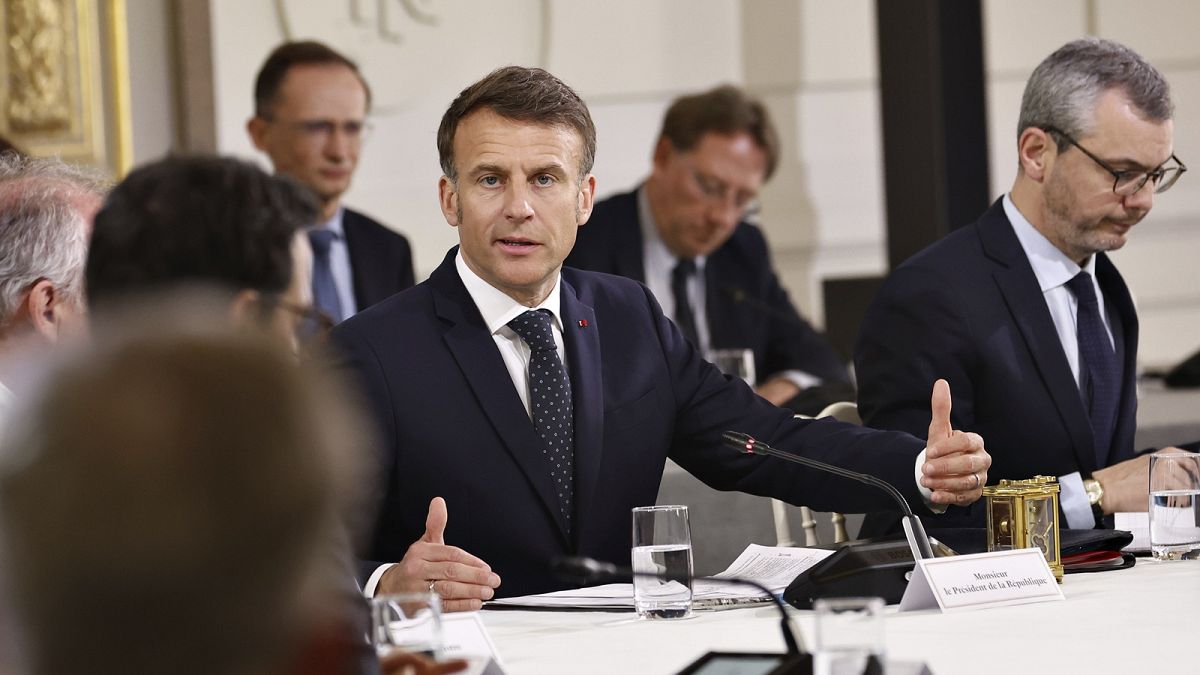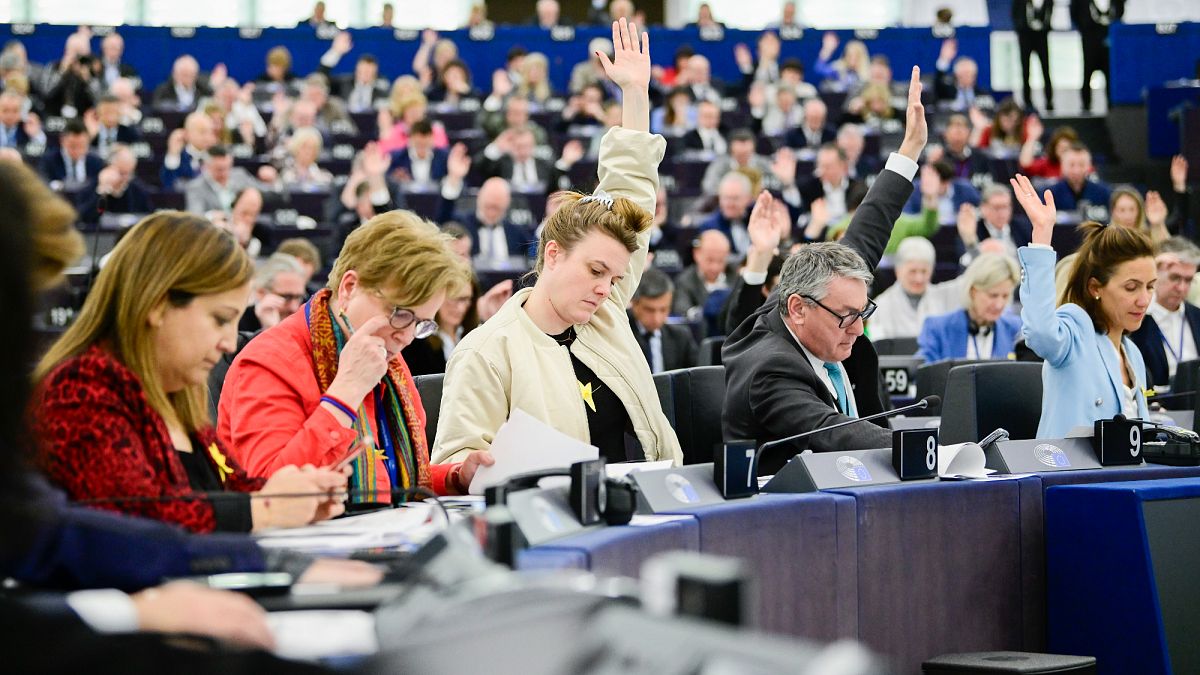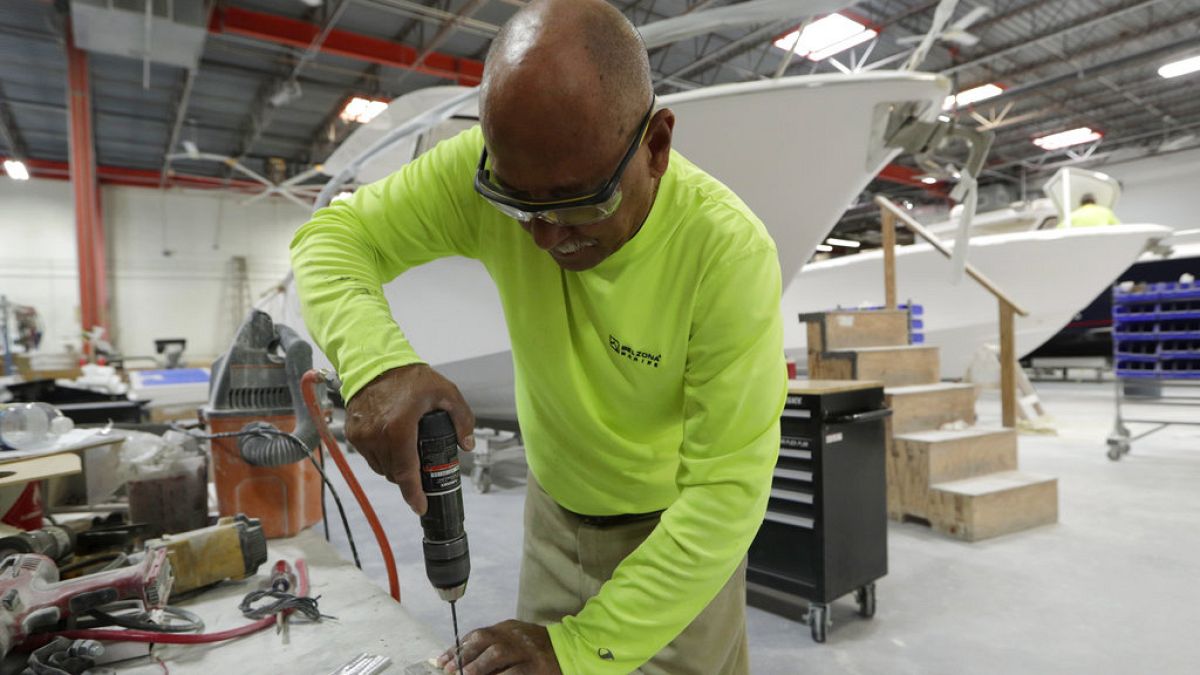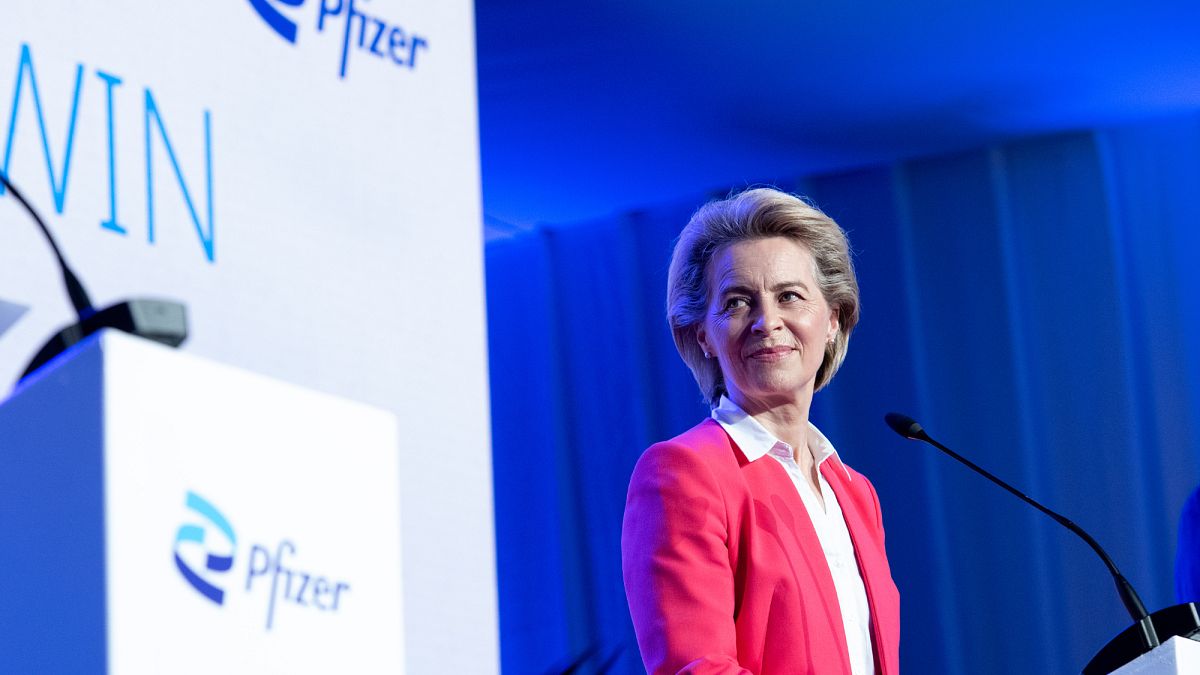Air quality is a concern in cities across Pakistan as smog causes serious health issues for the public.
Pakistan’s government wants 30 per cent of all new vehicles including cars, vans, and small trucks sold to be electric or hybrid by 2030 with that going up to 90 per cent by 2040 to combat air pollution.
The South Asian country had the world's second-worst air quality in 2023, with it being 14.7 times the WHO’s annual air quality guideline, according to IQAir.
The smog that shrouds the country causes serious health issues for the public.
Experts say the dangerous smog is a by-product of large numbers of vehicles, construction, and industrial work, as well as burning crops at the start of the winter wheat-planting season.
"The environment of Karachi is so polluted. Nobody checks the fitness of buses. They emit a lot of dangerous smoke. Then the roads are broken. There is dust," said Rauf Khan, a resident of Pakistan’s biggest city, Karachi.
"All these things combine to create a toxic environment. It causes everyone to fall ill, particularly children and the elderly. There is climate anxiety. Everyone is in agony," Khan added.
Mir Muhammad Owais, an electric bike dealership owner in Karachi, says switching to EVs will have "a significant impact on climate".
"It is very effective to reduce carbon emissions in Pakistan. A large part of carbon emissions is because of our transport. It is a very cost-effective phenomenon in this respect," Owais said.
"There is a very dangerous situation of smog, especially in October and November. It helps control that as well. As we gradually shift to EVs it will decrease in future".
Some Pakistanis are switching to EVs because of their fuel efficiency.
"I am saving around 17,000 rupees (€57) a month, 180,000 rupees (€599) a year. So, if I run this bike for 3 years, I will have recovered all the money that I spent on this bike. It will break even and after that I will be saving all the money,” said Syed Kabir Zaidi, an electric bike owner.
"In respect of fuel, it is much better. I travel a lot every day, from 55 to 60 km, to go to the office from home and come back. There is no vibration, no sound, it doesn't tire me. Then there is the benefit of it being good for the environment. It is eco-friendly too," Zaidi added.
'A lot would have been lost by 2030'
However, environmentalists say more urgent action is needed to move away from fossil fuels.
"It will help a lot (shifting to renewable energy) because most of the carbon emissions are from vehicles. If we shift that to renewable energy, it will have a large effect," said Masood Lohar, a Pakistani environmentalist.
"But 2030 is far away. A lot of damage can happen before then. The air quality of Pakistan is so bad that I think by 2030 a lot would have been lost," he added.
Lohar has developed an urban forest in Karachi to combat some of the toxic effects of carbon emissions and improve air quality.
"The best way to control pollution is to have wetlands in downtown areas. There used to be wetlands in cities," Lohar said.
Lohar says Pakistan’s most polluted city Lahore has a belt of 17 to 18 km that can become a complete wetland.
"It will absorb carbon dioxide. Similarly, urban green spaces (and) urban forests are important. If we do not have them in a large number, (the) quality of life in Pakistan will be very poor. What kind of life will it be when you can't breathe properly?"
In November, the province of Punjab declared a health emergency due to smog and imposed a shutdown in two major cities.
For more on this story, watch the video in the media player above.
Video editor • Roselyne Min

 4 months ago
38
4 months ago
38






 We deliver critical software at unparalleled value and speed to help your business thrive
We deliver critical software at unparalleled value and speed to help your business thrive






 English (US) ·
English (US) ·